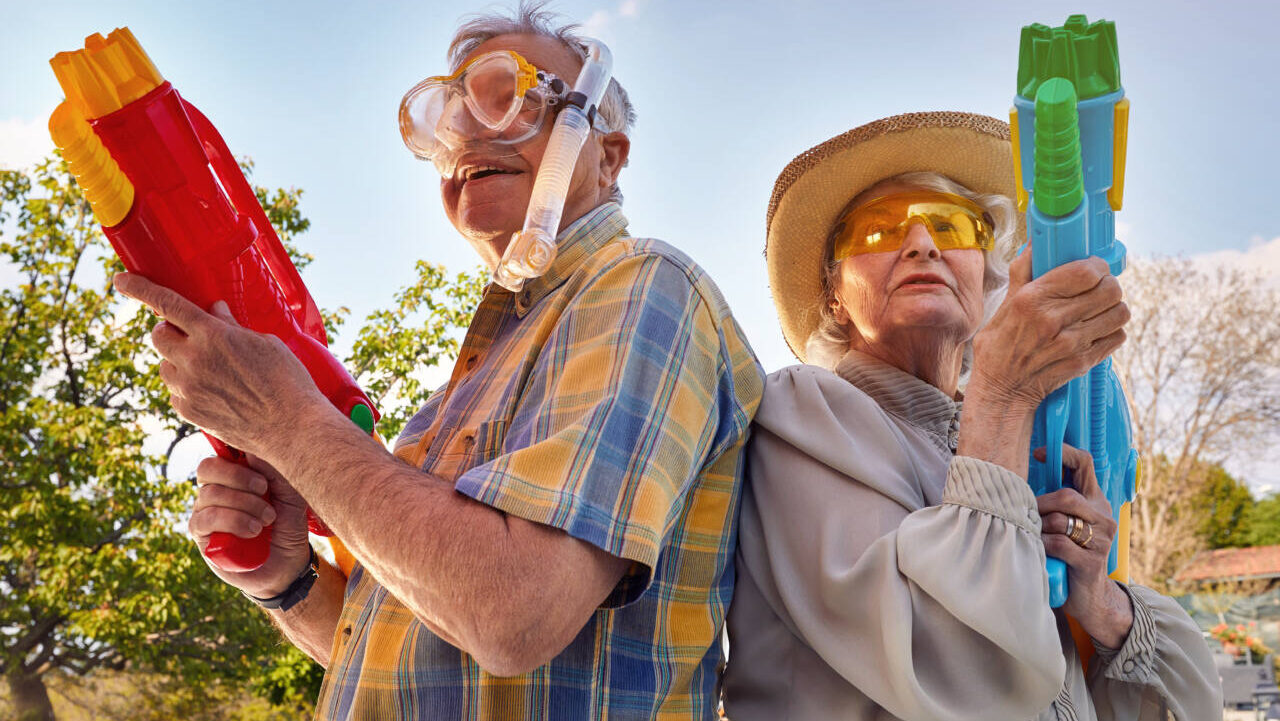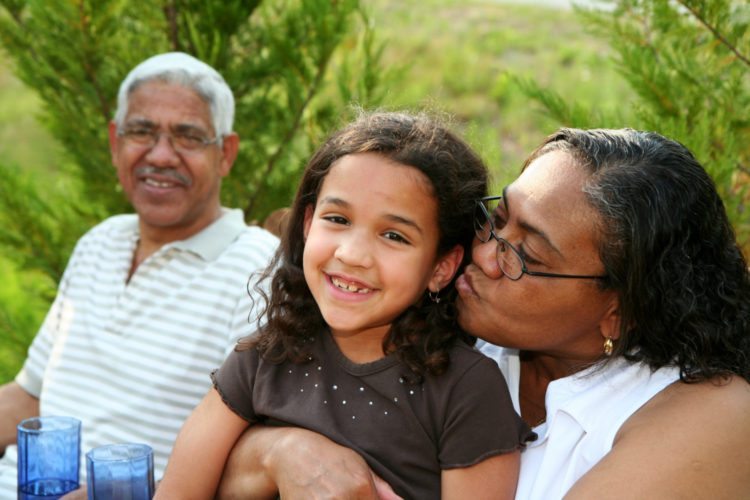What age is considered old?

When I was a child, I thought people in their 50s and 60s were old. My perception of old age has shifted considerably now that I’m closing in on my mid-50s; that’s not so old, after all!
It turns out I’m not alone in shifting my definition of old age. A recent study published by the journal Psychology and Aging reported the majority of people now think old age starts later than we used to believe. For those of us edging closer to that demographic, this may come as a relief.
Using the responses of nearly 14,000 people ranging in age from 40 to 100 years old, the German study looked at historical changes in the perceived onset of old age. The respondents were divided into three generational categories, based on their birth year: 1911-1935, 1936-1952 and 1953-1974.
Starting in 1996, and over a 25-year period, researchers asked, “At what age would you describe someone as old?” This same question was repeated to the participants eight times over the course of the study.
Researchers found that as people aged, their perception of when old age starts began to shift upward. It turns out nobody considers themselves to be old, no matter how many years they’ve lived! The goal posts keep moving. But the general consensus seems to be that you are officially “old” somewhere in your mid-70s.
“For a 64 year old, the estimated perceived onset of old age was 74.7 years,” according to the study. “Whereas for a 74 year old, the estimated perceived onset of old age was 76.8 years.”
Other trends the study showed was that the upward shift in old age perception held true between different generations.
For example, when questioned at age 65, the majority of people born in the 1911-1935 group said they believe old age begins at 71. However, when the people in the group born from 1936-1952 turned 65, they said people are old when they reach age 74.
The study also found women believe old age starts about 2 1/2 years later than men.
The researchers didn’t provide specific conclusions as to why people keep raising their perception of when old age beings. However, they did note a link between better, overall healthcare for older adults as a possible factor. The researchers also found a link between loneliness and people who reported an earlier onset of old age.
The researchers concluded more work needs to be done to study the perception of old age onset and how it can impact “health and wellbeing in later life,” as well as preparations for old age, combating aging stereotypes and society’s views on aging.







